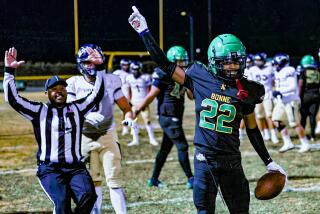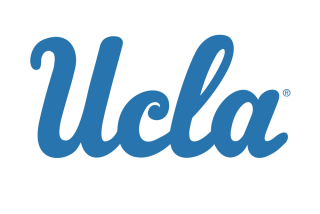Memphis State Escapes Death Penalty : Football Program Is Put on NCAA Probation for Three Years
- Share via
MEMPHIS, Tenn. — Memphis State’s football program avoided the NCAA death penalty Thursday but drew three years of probation because a player was overpaid for summer work supplied by a booster.
The player, who gave misleading information when asked about the job, was advised by former coach Charlie Bailey to lie to NCAA investigators, according to a National Collegiate Athletic Assn. report.
Bailey resigned from Memphis State in May and was replaced in June by Chuck Stobart, former offensive coordinator at USC.
The NCAA said that Bailey must meet with its Committee on Infractions if he takes an athletic job with another school in the next five years.
The NCAA could have shut down Memphis State’s football program for up to two years under its “death penalty” clause because the Tiger football and basketball programs have been on probation within the last five years.
Stobart said he is relieved that the punishment was less severe than it could have been.
“We can now pick up and go on from here,” he said.
“There are a lot of innocent people involved in this, a lot of football players and a lot of fans who are really affected but had nothing to do with it.”
The NCAA said that it found no pattern of wrongdoing at Memphis State and noted that the university voluntarily replaced its coach and suspended the involved player.
The NCAA also barred Memphis State from bowl visits this year, banned TV appearances in 1990 and took away four football scholarships for 1990-91. It also cut the number of university-funded recruiting visits to Memphis State next year from 85 to 55.
Stobart said that the most bothersome sanction may well be the limit on recruiting visits. “We’re going to have to be selective in the young men we bring in for visits,” he said.
Bailey said only that he made a mistake involving summer employment. The NCAA said the investigated player was paid $10 an hour to run errands for a university booster while co-workers drew $5 an hour for similar work.
More to Read
Go beyond the scoreboard
Get the latest on L.A.'s teams in the daily Sports Report newsletter.
You may occasionally receive promotional content from the Los Angeles Times.









